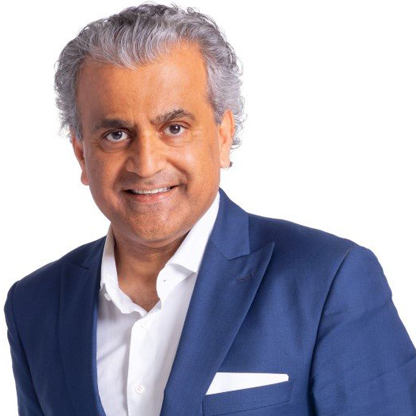Sessions With Dev Sanyal
Tuesday, 19 March
-
02:20pm - 03:00pm (CST) / 19/mar/2024 07:20 pm - 19/mar/2024 08:00 pm
Different Pathways to Low Carbon
Strategy and Business ModelsIn “Net Zero by 2050: A Roadmap for the Global Energy Sector,” published in May 2021, the International Energy Agency (IEA) stated that net zero by 2050 requires “nothing short of a total transformation of the energy system that underpins our economies,” and “the pathway is narrow but achievable.” Three years later, even though there has been a groundswell of net-zero commitments by countries and companies, the pathway seems narrower. Demand for hydrocarbons and the resulting GHG emissions continue to increase. Although there has been considerable progress in reducing emissions in the power sector, the progress in all other sectors—viz. transport, industry, residential and agriculture—has been very slow. What are the technologically and economically feasible pathways to reduce emissions today? Are industrial policies such as Inflation Reduction Act (IRA), Infrastructure Investment and Jobs Act (IIJA) and the European Green Deal having an impact? What is necessary to get buy-in from investors to reward energy transition investments? What approaches are necessary to continue economic growth while flattening emissions in developing economies?
- Speakers:
- Atul Arya
- Dev Sanyal
- Barbara Frei
- Takayuki Ueda

